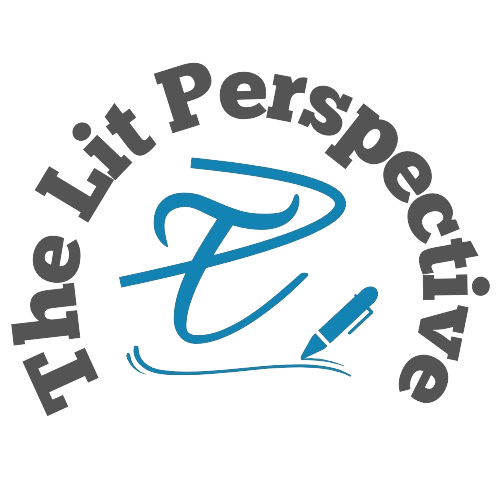TheLitPerspective is your one-stop shop for everything that ignites the spark of curiosity within you.
50 Best Science Fiction Books for Beginners (A must Read)
So, you’re curious about science fiction but don’t know where to start? Science fiction, or sci-fi, is one of the most versatile genres in literature.
It’s known for its ability to transport readers into different worlds, challenge what we know about the universe, and pose thought-provoking questions about the future. But diving headfirst into such a broad genre can be intimidating for beginners.
Don’t worry—there are plenty of beginner-friendly sci-fi books that make the journey fun and accessible.
The Importance of Sci-Fi for New Readers
You might ask, “Why should I start reading science fiction?” Well, the answer is simple: sci-fi expands your imagination and introduces you to possibilities that might one day become reality. Many technological advancements, from smartphones to space exploration, were once dreamed up in the pages of science fiction novels. Beyond futuristic gadgets, sci-fi explores deep questions about humanity, society, and what it means to be alive. It’s a genre that stimulates curiosity and sparks a sense of wonder.
Criteria for Choosing Sci-Fi Books for Beginners
When picking the best science fiction books for beginners, there are a few things to keep in mind. First, the book should have accessible language and themes. While some sci-fi can dive into complex scientific theories, there are plenty of novels that keep things simple yet engaging. Fast-paced plots are also important, as they keep you hooked without bogging you down in endless technical details. Lastly, relatable characters are key because they ground even the most outlandish sci-fi story in human experience.
Without further ado, below is your list of the top 50 science fiction books for beginners.
Top 50 Sci-Fi Books for Beginners
Classic Science Fiction
1. The Time Machine by H.G. Wells
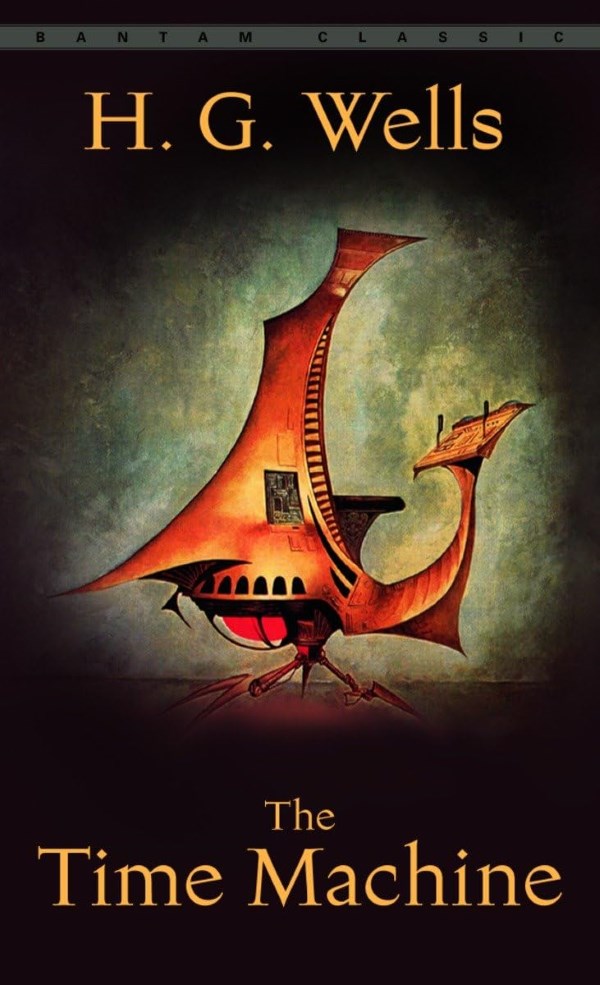
This novella introduces time travel through the journey of an unnamed Time Traveler who explores distant futures. Wells’ concise storytelling presents complex ideas about evolution and society in an easily digestible format. Its brevity makes it perfect for beginners looking to dip their toes into classic science fiction without committing to lengthy tomes.
2. Dune by Frank Herbert
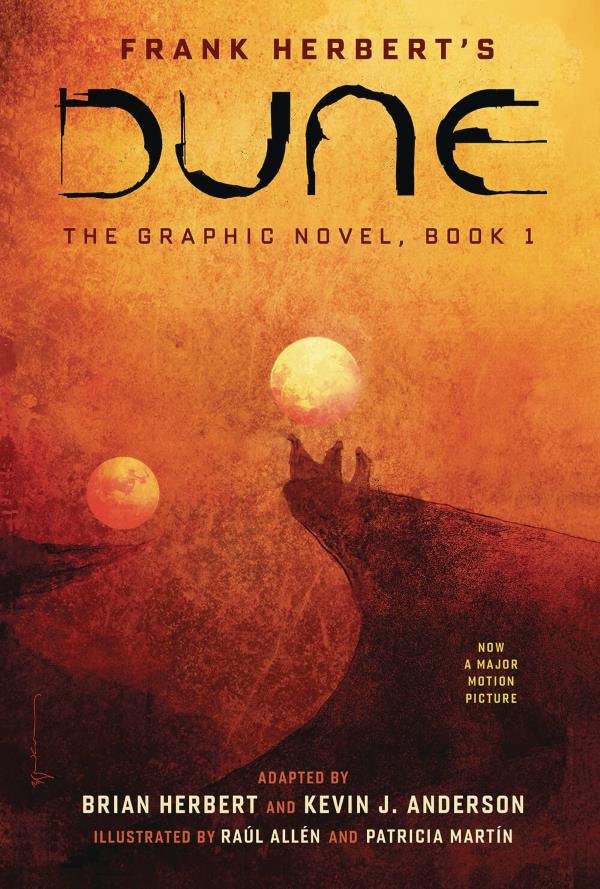
Set in a distant future where noble houses vie for control of the desert planet Arrakis, Dune follows young Paul Atreides as he navigates political intrigue and ecological challenges. Its rich world-building introduces readers to complex themes like power, religion, and ecology in an engaging manner. Beginners will appreciate its epic scope and relatable coming-of-age story, making it a cornerstone of sci-fi literature that is both thought-provoking and accessible.
3. Foundation by Isaac Asimov
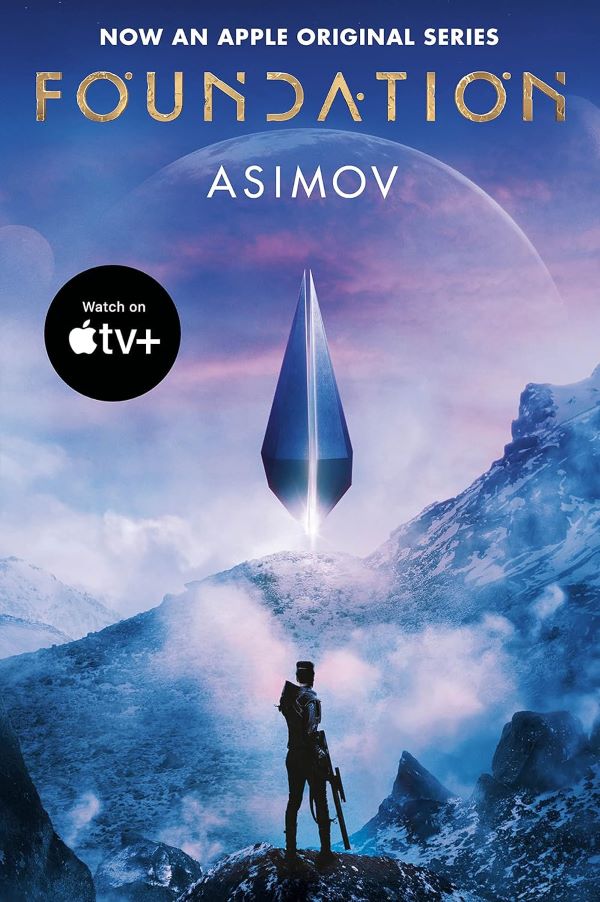
This novel introduces the concept of psychohistory, a method of predicting the future based on historical trends. The story follows Hari Seldon as he seeks to save civilization from impending collapse. Asimov’s clear prose and structured narrative make it easy for beginners to grasp complex ideas about society and governance while enjoying an expansive universe filled with memorable characters.
4. The Hitchhiker’s Guide to the Galaxy by Douglas Adams
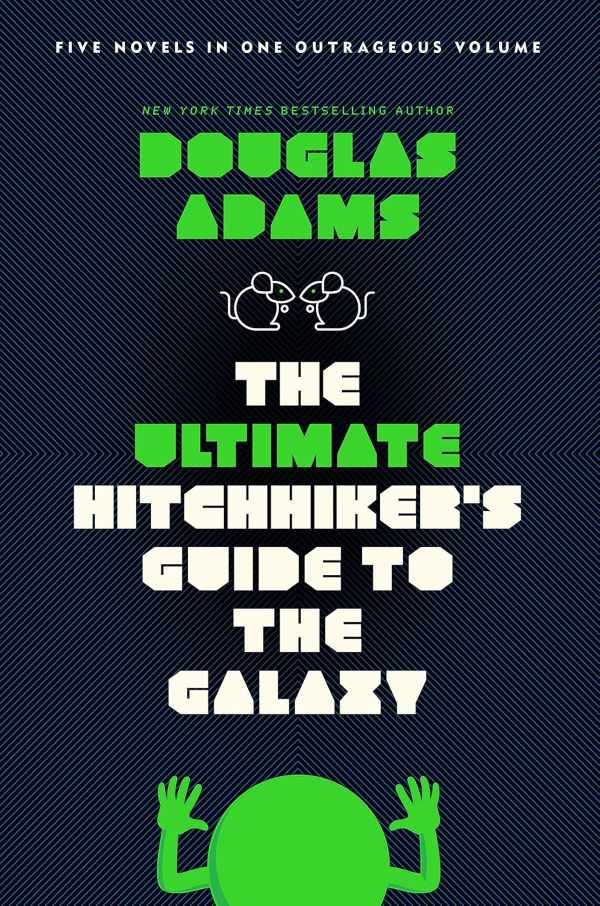
A comedic adventure that begins when Arthur Dent discovers Earth is about to be demolished. This book is filled with humor, absurdity, and clever commentary on life and the universe. Its light-hearted tone and episodic structure make it an entertaining entry point into science fiction for beginners who may find traditional narratives dense or intimidating.
5. Fahrenheit 451 by Ray Bradbury
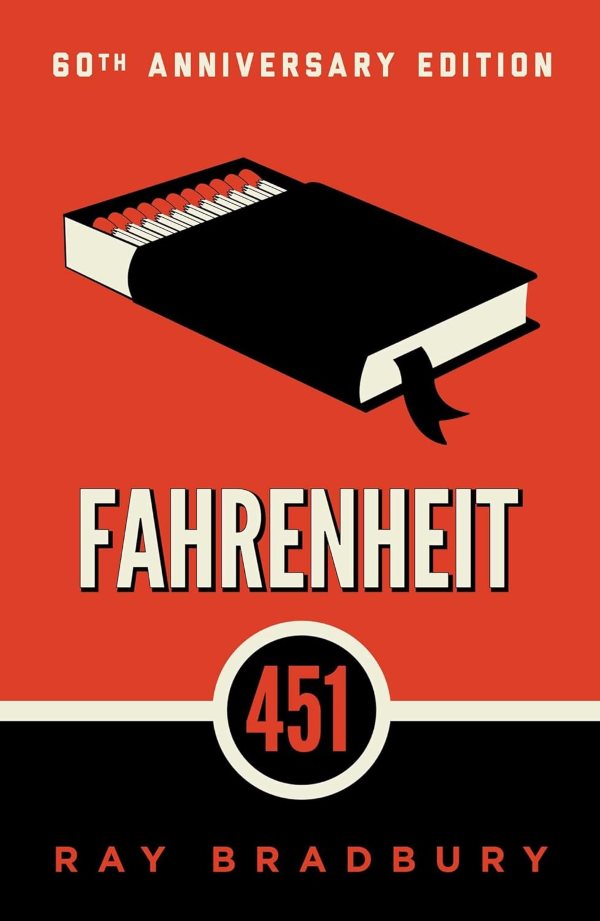
In a dystopian future where books are banned, fireman Guy Montag begins to question his society’s anti-literature stance. Bradbury’s accessible writing style and powerful themes about censorship and individuality resonate with readers. The novel’s straightforward narrative encourages beginners to reflect on important societal issues without overwhelming them with complex jargon.
6. Neuromancer by William Gibson
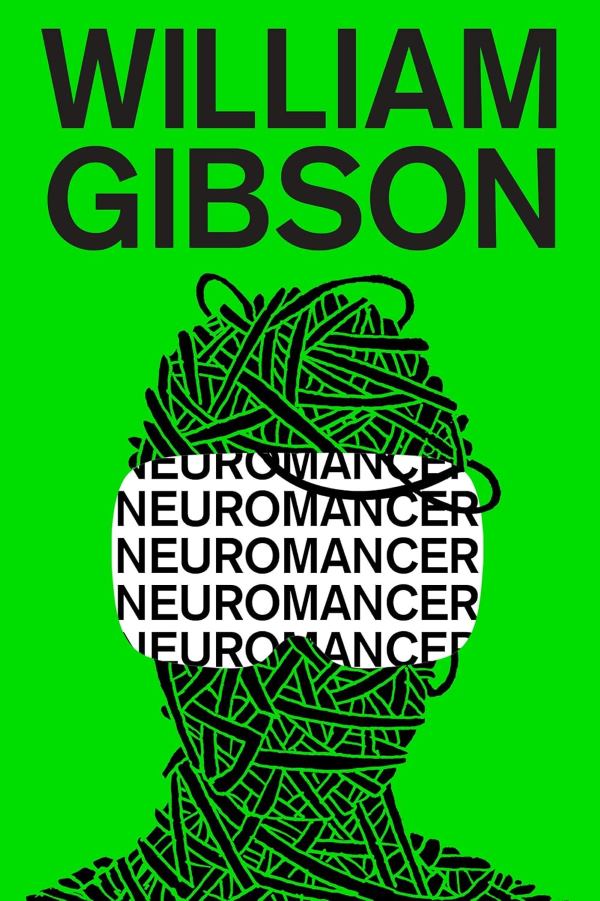
This groundbreaking cyberpunk novel follows Case, a washed-up computer hacker hired for a final job. Gibson’s vivid descriptions of a high-tech future and exploration of artificial intelligence introduce readers to foundational cyberpunk concepts. The fast-paced plot and relatable protagonist make it appealing for beginners eager to explore darker themes in a futuristic setting.
7. 2001: A Space Odyssey by Arthur C. Clarke
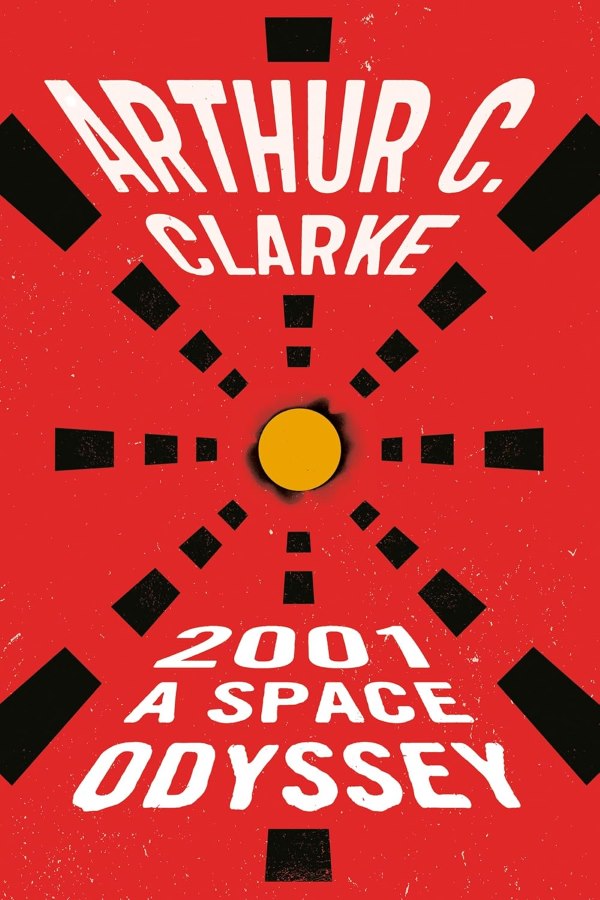
A tale that intertwines human evolution with advanced technology, beginning with the discovery of a mysterious monolith. Clarke’s clear narrative style and philosophical questions about existence provide an engaging introduction to speculative fiction. Beginners will find its blend of adventure and thought-provoking themes both accessible and inspiring.
8. The Left Hand of Darkness by Ursula K. Le Guin
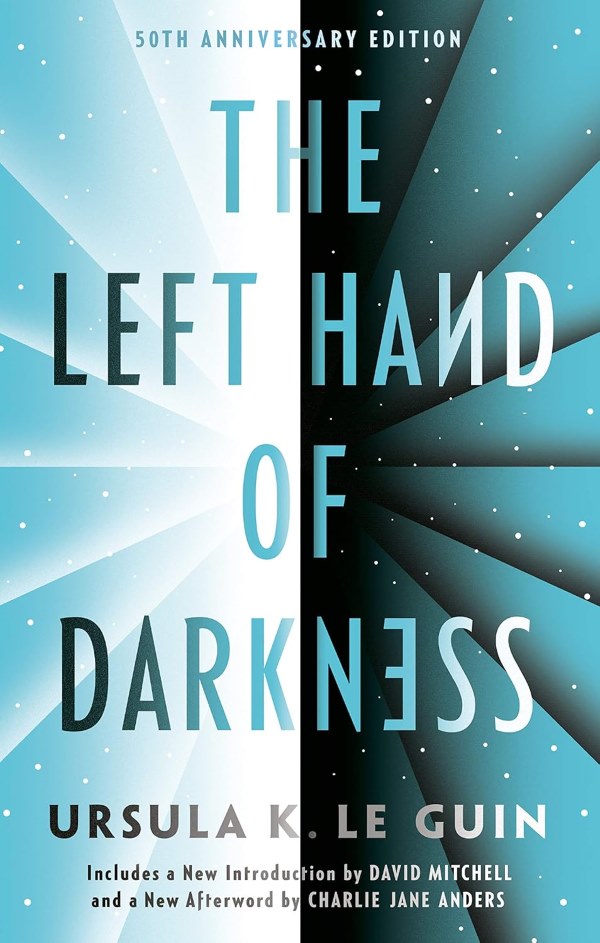
This novel explores gender and society through the eyes of Genly Ai, an envoy to the planet Gethen, where inhabitants can change gender. Le Guin’s insightful writing invites readers to question societal norms while navigating a compelling story. Its exploration of identity makes it relatable for beginners seeking deeper understanding through science fiction.
9. Brave New World by Aldous Huxley
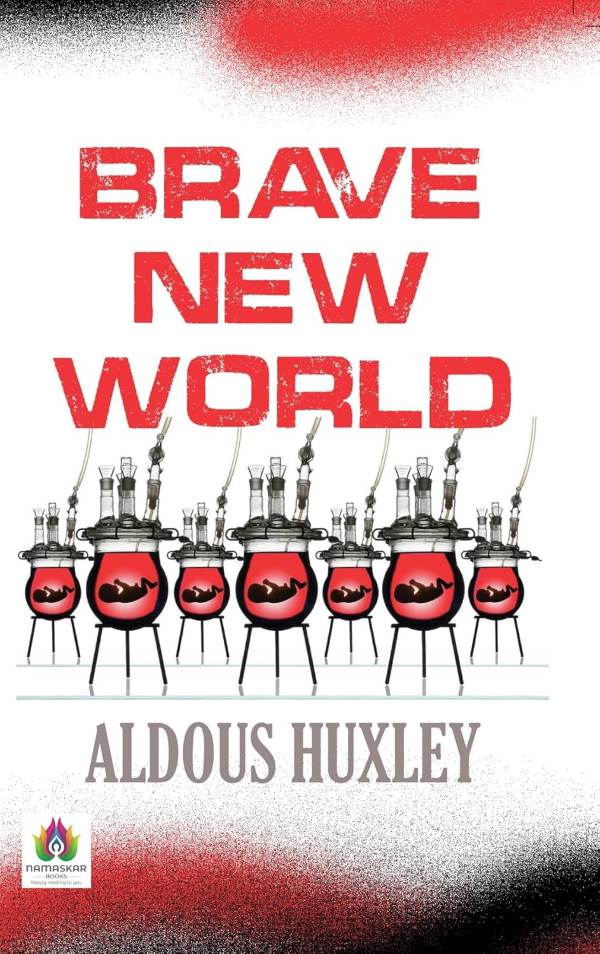
Huxley’s dystopian vision depicts a future society driven by technology and consumerism, where individuality is sacrificed for stability. The novel’s straightforward narrative structure allows beginners to engage with its critical social commentary without getting lost in complex world-building, making it an essential read in understanding speculative fiction.
10. The Martian by Andy Weir
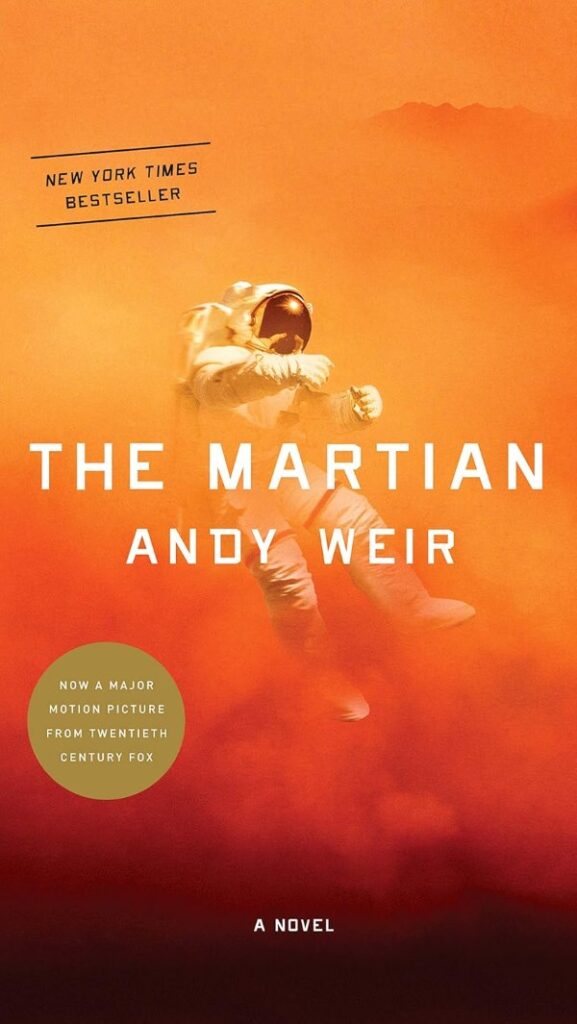
Focusing on astronaut Mark Watney stranded on Mars, this survival story combines humor with scientific accuracy as Watney uses ingenuity to survive. Weir’s accessible writing style, along with relatable challenges faced by the protagonist, makes it an engaging read for beginners interested in hard science fiction without being overwhelmed by technical details.
Contemporary Science Fiction
11. The Three-Body Problem by Liu Cixin
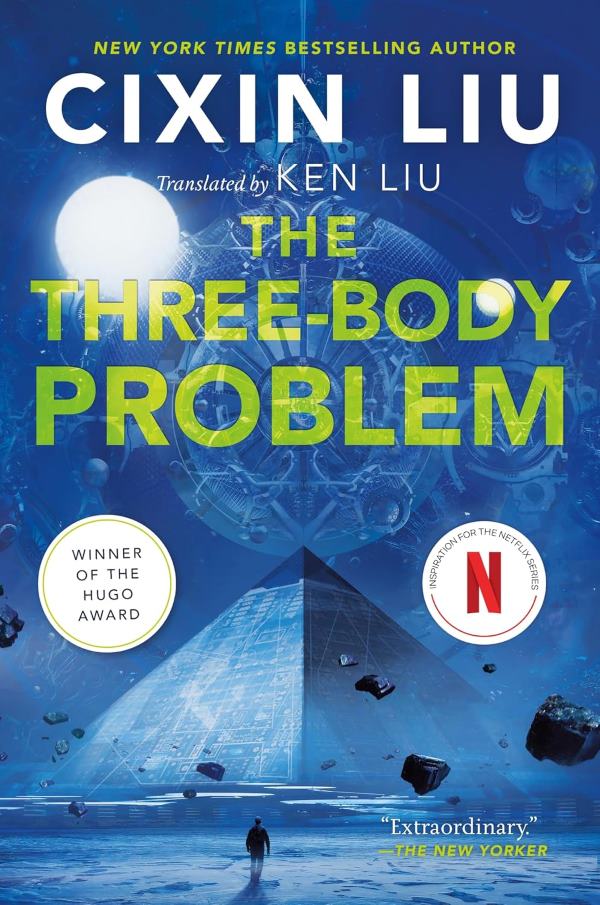
This novel begins with a secret military project that contacts alien life during China’s Cultural Revolution, leading to profound consequences for humanity. Liu’s accessible prose combined with intricate scientific concepts invites beginners into hard sci-fi while exploring philosophical questions about civilization and existence.
12. An Absolutely Remarkable Thing by Hank Green
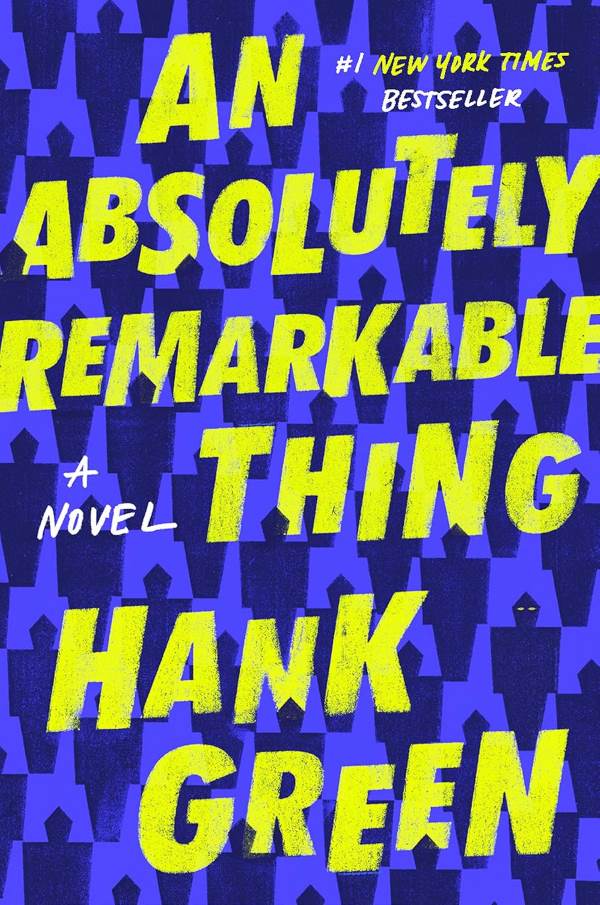
Following April May as she discovers mysterious statues around the world, this novel examines fame and social media’s impact on society. Green’s relatable characters and contemporary setting make it an engaging entry point for beginners interested in exploring modern societal issues through a sci-fi lens.
13. The Long Way to a Small Angry Planet by Becky Chambers
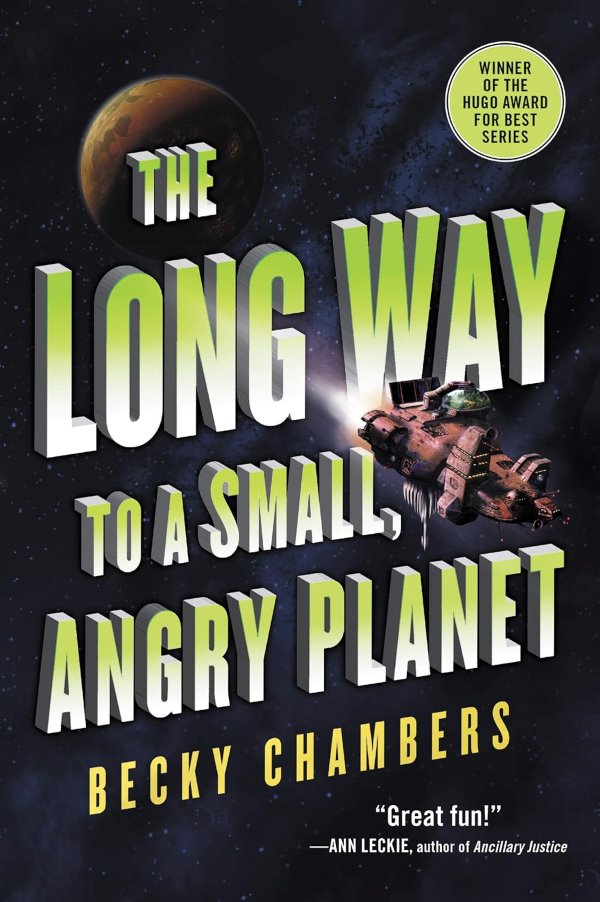
This character-driven space opera follows a diverse crew on their journey across the galaxy, emphasizing relationships over conflict. Chambers’ warm writing style and focus on personal stories make this book accessible for beginners who may prefer character development over intricate plots or high-stakes action.
14. Red Rising by Pierce Brown

Set in a future where society is divided into color-coded classes, this novel follows Darrow as he infiltrates the elite class to start a revolution. Brown’s fast-paced narrative and relatable protagonist offer an exciting introduction to dystopian themes that appeal to beginner readers seeking action alongside deeper social commentary.
15. All Systems Red (Murderbot Diaries) by Martha Wells
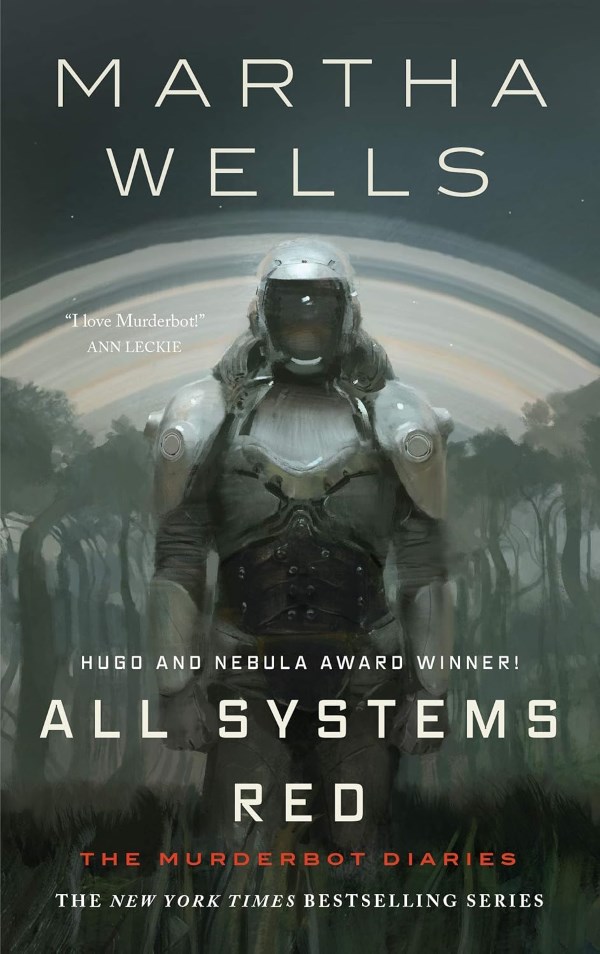
This novella features a security android that gains self-awareness and prefers watching soap operas over fulfilling its duties. Wells’ humor combined with thought-provoking themes about autonomy makes it an enjoyable read for beginners exploring AI concepts without heavy technical jargon.
16. Children of Time by Adrian Tchaikovsky
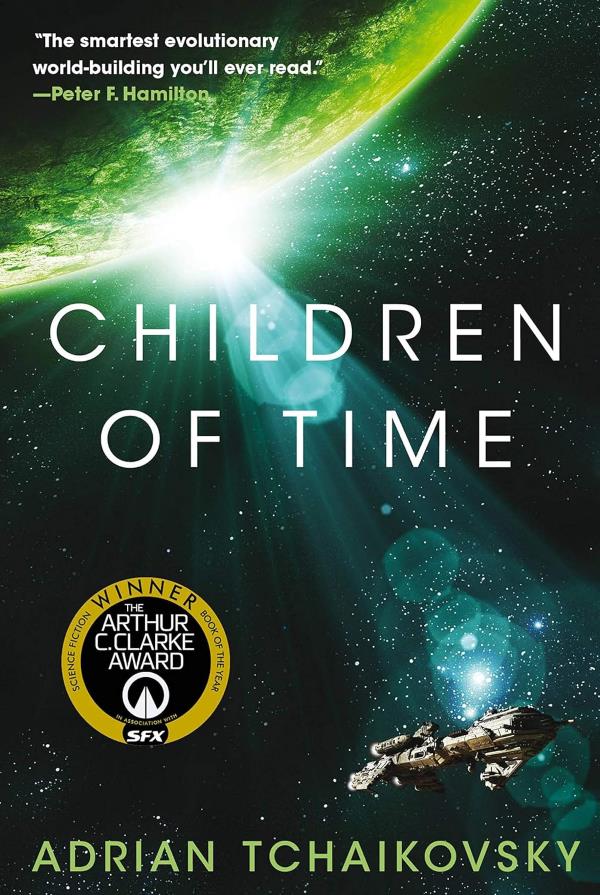
A tale of evolution on a terraformed planet where monkeys are uplifted into sentient beings after humanity’s downfall offers rich world-building without overwhelming complexity. Tchaikovsky’s engaging narrative invites beginners into deep themes about survival and adaptation while remaining accessible through its straightforward storytelling.
17. Exhalation by Ted Chiang
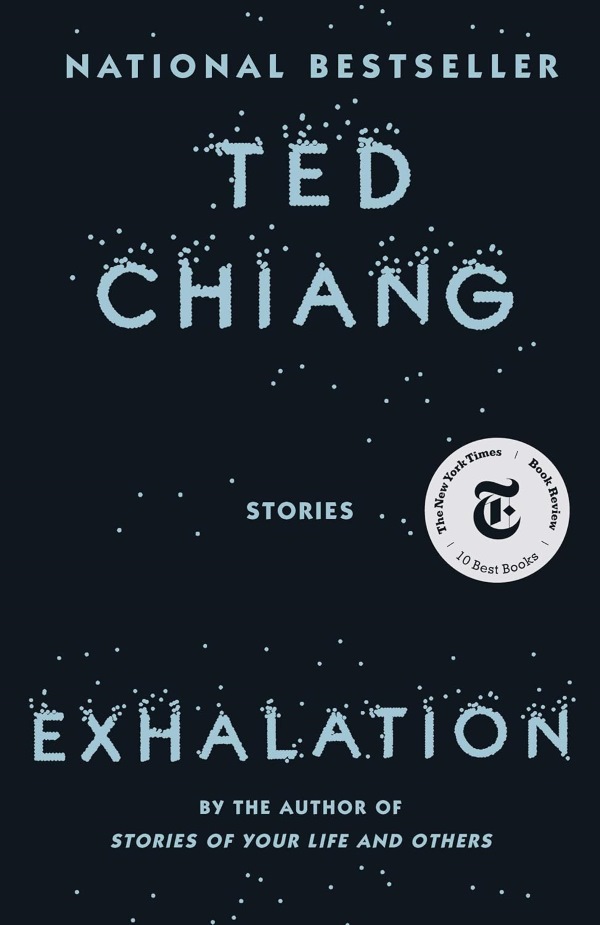
A collection of short stories that delve into philosophical questions about existence, free will, and technology’s impact on humanity provides varied entry points for new readers. Chiang’s clear prose allows beginners to explore complex ideas without needing extensive background knowledge or commitment to long narratives.
18. Upgrade by Blake Crouch
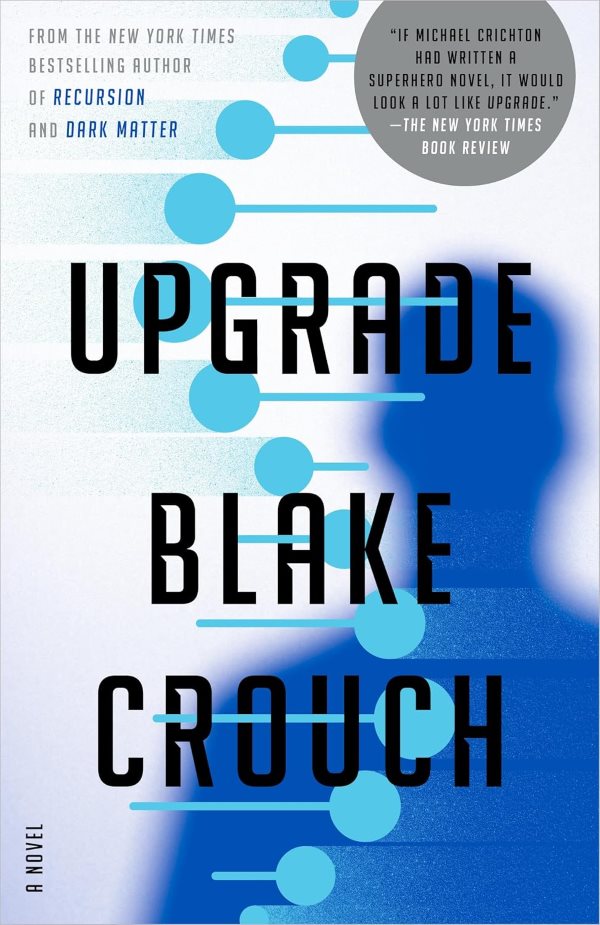
This thriller explores genetic enhancement’s ethical implications when one man undergoes an upgrade that alters his perception of reality. Crouch’s fast-paced plot combined with relatable moral dilemmas makes this novel appealing for beginners interested in contemporary sci-fi themes without excessive complexity.
19. Station Eleven by Emily St. John Mandel
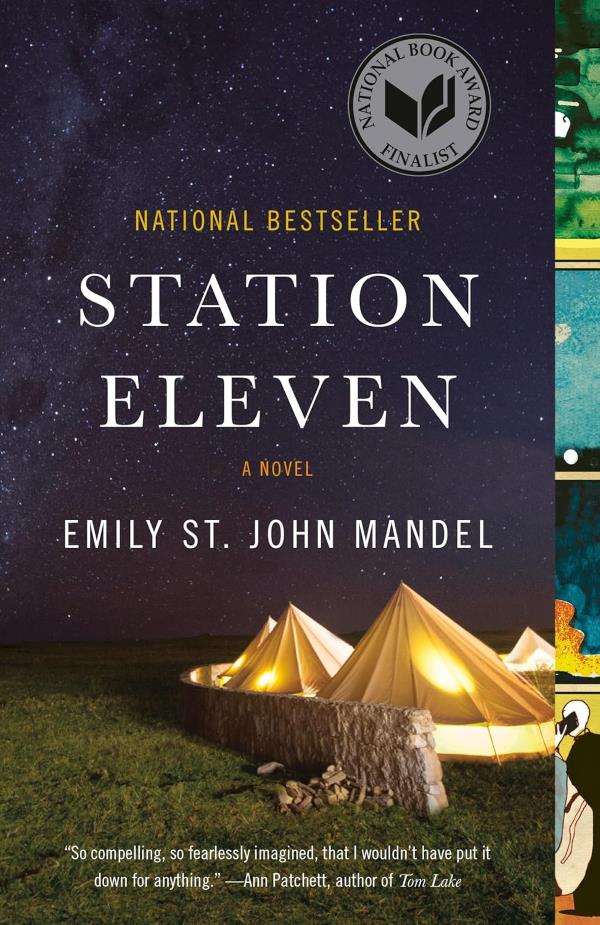
Set during and after a pandemic that wipes out most of humanity, this novel weaves together multiple perspectives on survival and art’s importance in society. Mandel’s lyrical writing style offers an accessible way for beginners to engage with dystopian themes while appreciating character depth over intricate world-building.
20. The Power by Naomi Alderman
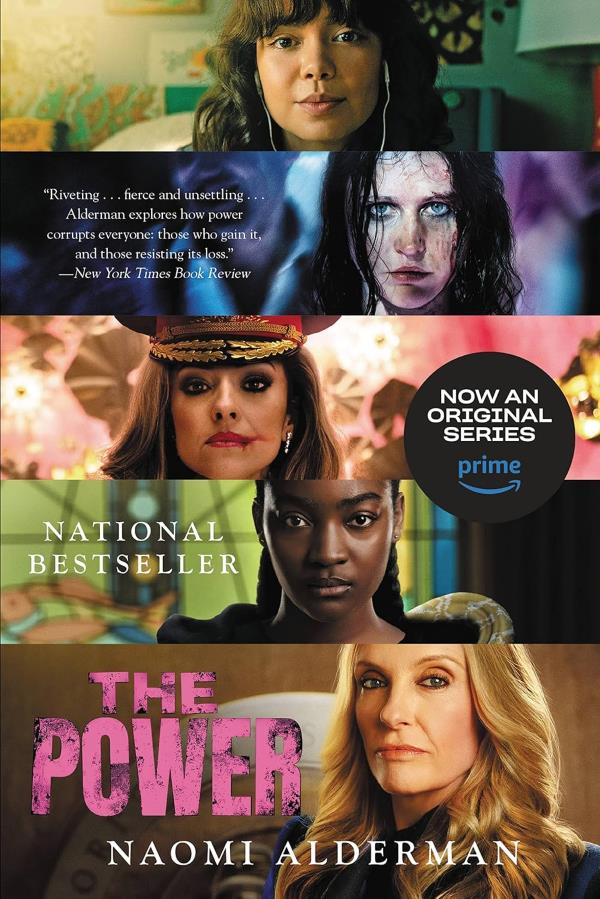
This speculative fiction explores gender dynamics when women develop the ability to emit electrical shocks, shifting societal power structures dramatically. Alderman’s engaging narrative provides an accessible entry point for beginners interested in feminist themes within a sci-fi context without requiring extensive genre familiarity.
Science fiction books Notable Mentions
21. Ender’s Game by Orson Scott Card
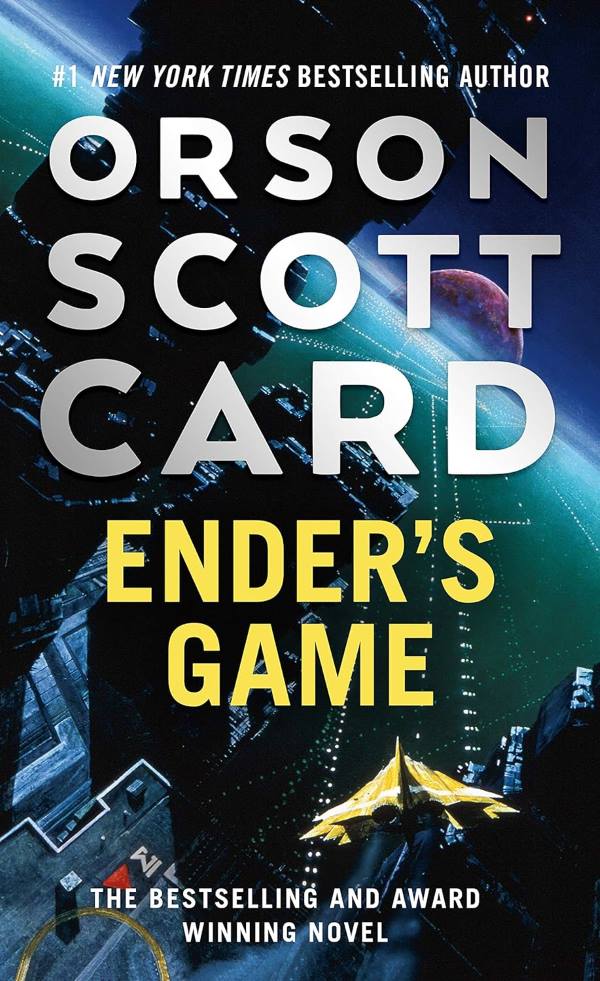
Young Ender Wiggin is trained at Battle School to prepare for an impending alien invasion in this military sci-fi classic that explores leadership and morality through strategic gamesmanship; its straightforward plot makes it easy for newcomers to relate to Ender’s struggles against overwhelming odds.
22. Snow Crash by Neal Stephenson
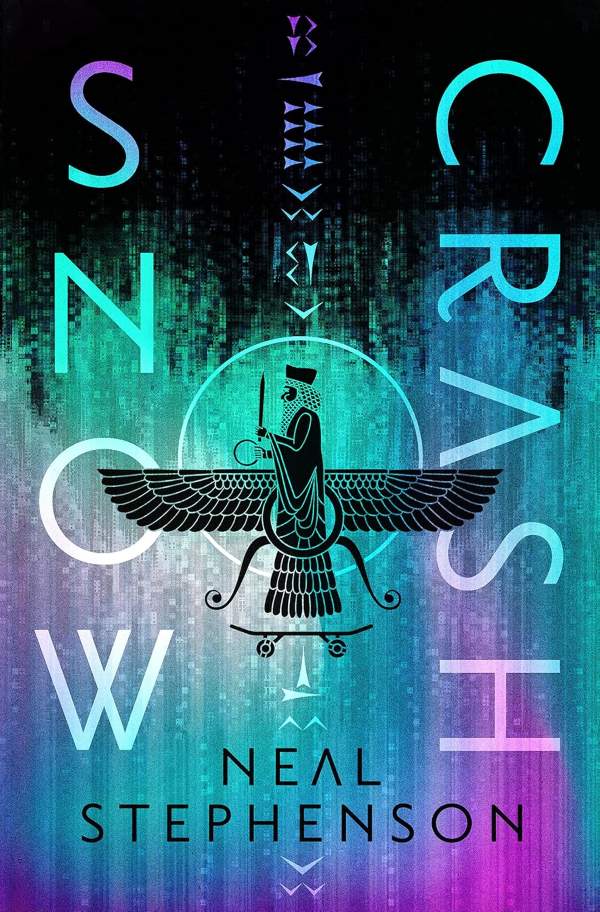
A fast-paced cyberpunk adventure featuring Hiro Protagonist navigating both virtual reality and real-world chaos introduces readers to crucial cyberpunk tropes while maintaining humor; its engaging style makes it ideal for those new to the genre who enjoy action-packed narratives.
23. Hyperion by Dan Simmons
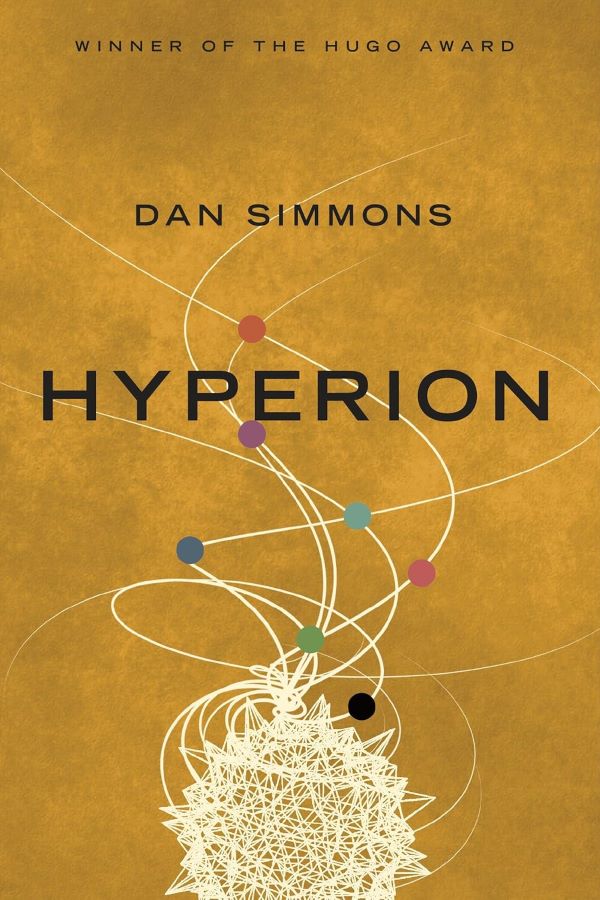
Structured as a series of interconnected tales told by pilgrims traveling to meet the enigmatic Shrike creature, this novel immerses readers in rich storytelling traditions; its varied perspectives allow beginners to explore diverse narratives within one cohesive framework without feeling lost.
24. Old Man’s War by John Scalzi
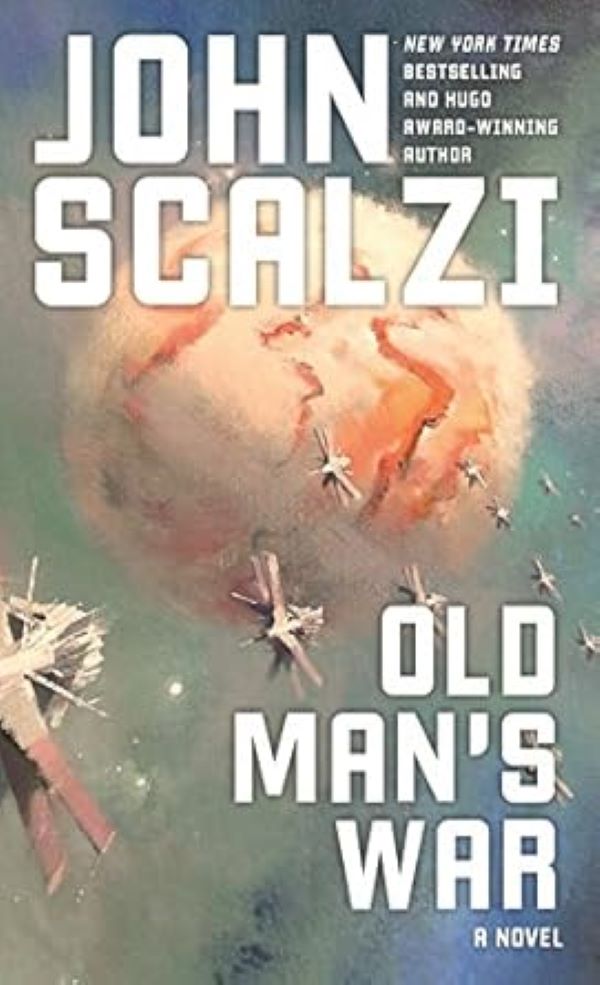
In this military sci-fi tale where elderly citizens join the army at age seventy-five using enhanced bodies, Scalzi combines humor with thought-provoking reflections on aging; its approachable writing style invites new readers into complex themes while keeping them entertained throughout.
25. The Fifth Season by N.K. Jemisin
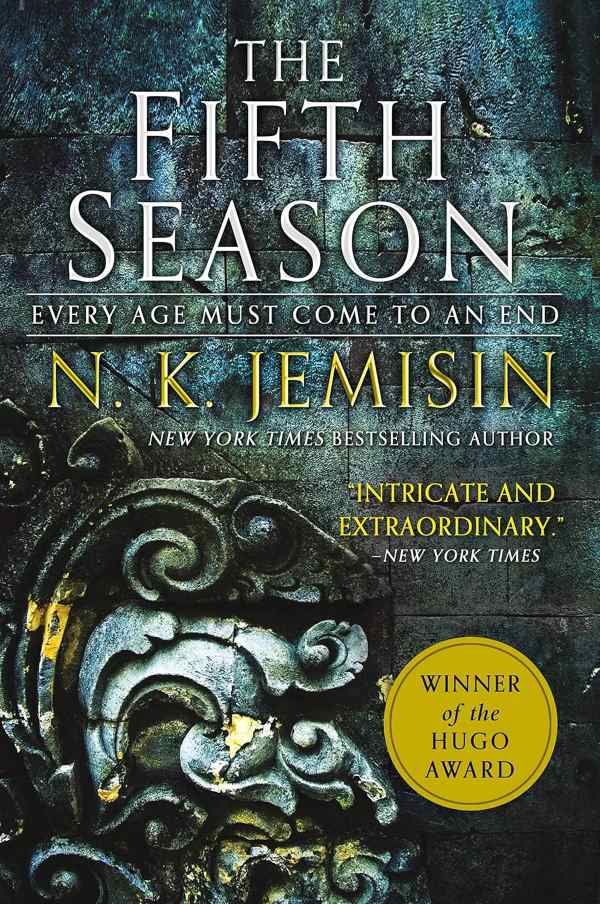
Set in a world plagued by catastrophic climate events, this novel follows characters with unique abilities as they navigate societal oppression; Jemisin’s immersive world-building paired with relatable struggles makes it suitable for newcomers seeking depth alongside engaging storytelling.
26. A Wrinkle in Time by Madeleine L’Engle
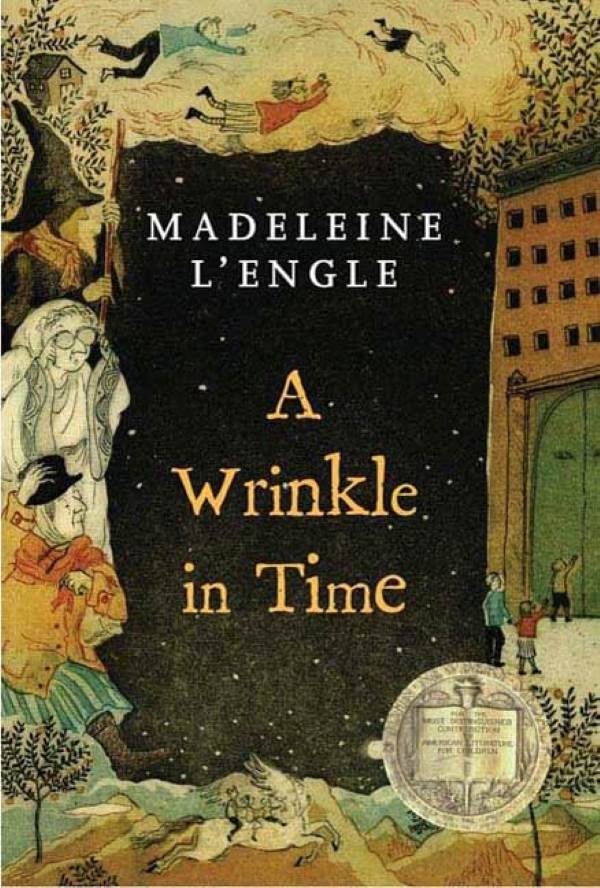
A classic children’s sci-fi story about Meg Murry traveling through space-time dimensions alongside her brother Charles Wallace offers young readers imaginative adventures; its straightforward language makes it perfect for beginner readers exploring fantastical elements within science fiction contexts.
27. I, Robot by Isaac Asimov
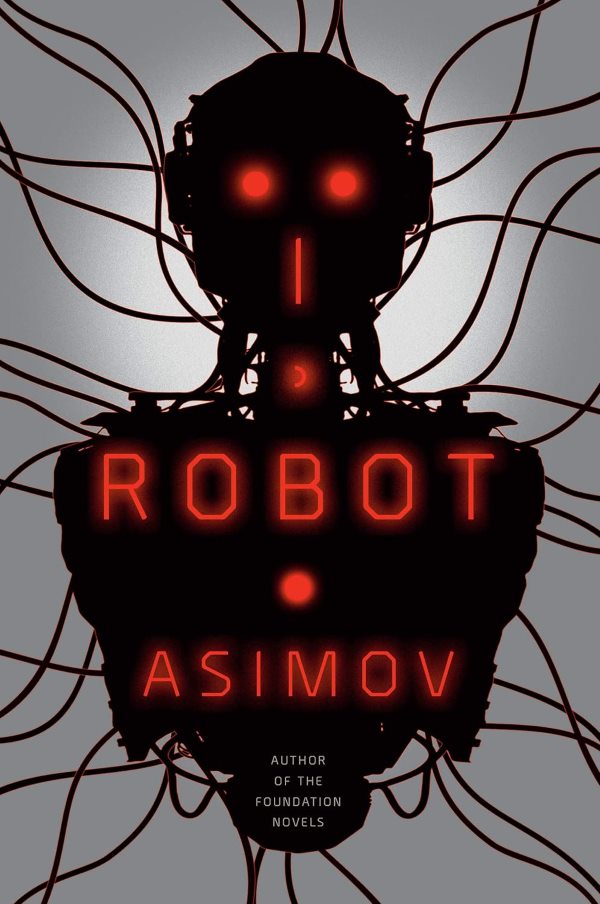
A collection of short stories centered around robots grappling with ethical dilemmas based on Asimov’s famous Three Laws provides foundational insights into robotics; its engaging narratives introduce beginner readers to significant concepts without overwhelming them with technical jargon or complex plots.
28. The Dispossessed by Ursula K. Le Guin
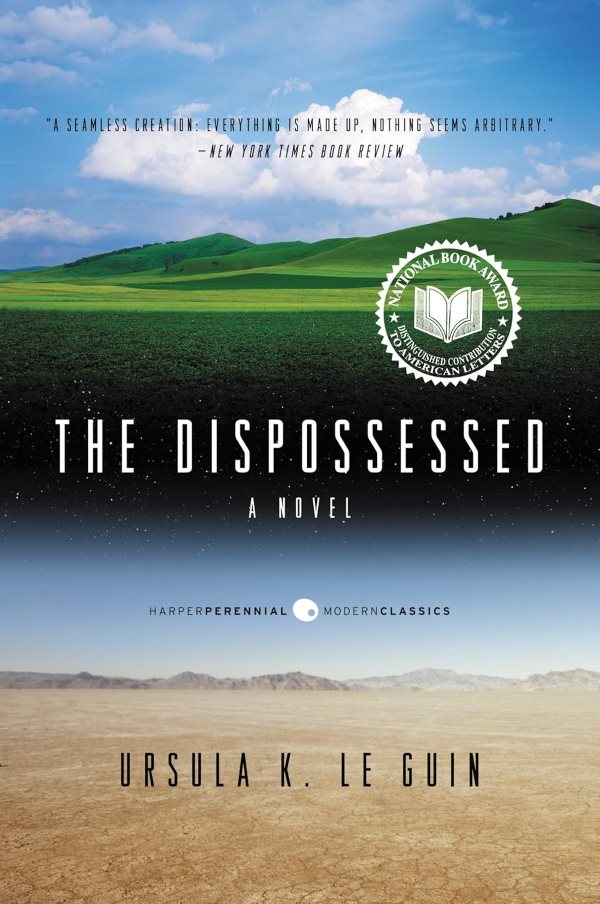
This thought-provoking exploration contrasts two societies—one capitalist and one anarchist—through the eyes of physicist Shevek; Le Guin’s clear writing style allows newcomers access into philosophical discussions about freedom versus control while remaining grounded in character-driven storytelling.
29. Rendezvous with Rama by Arthur C. Clarke
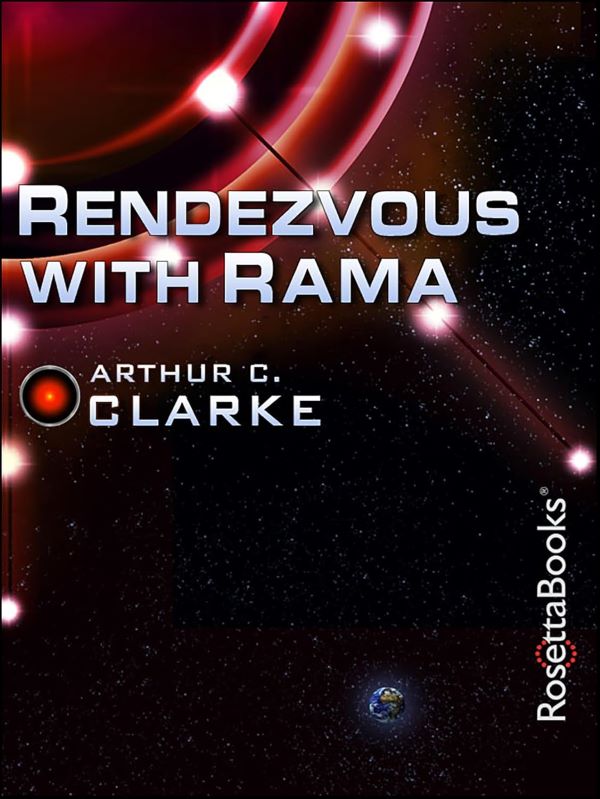
When an alien spacecraft enters our solar system, scientists embark on an expedition inside its mysterious structure; Clarke’s straightforward narrative invites beginner readers into classic hard sci-fi while raising questions about humanity’s place within the universe without excessive complexity or jargon overload.
30. Ringworld by Larry Niven
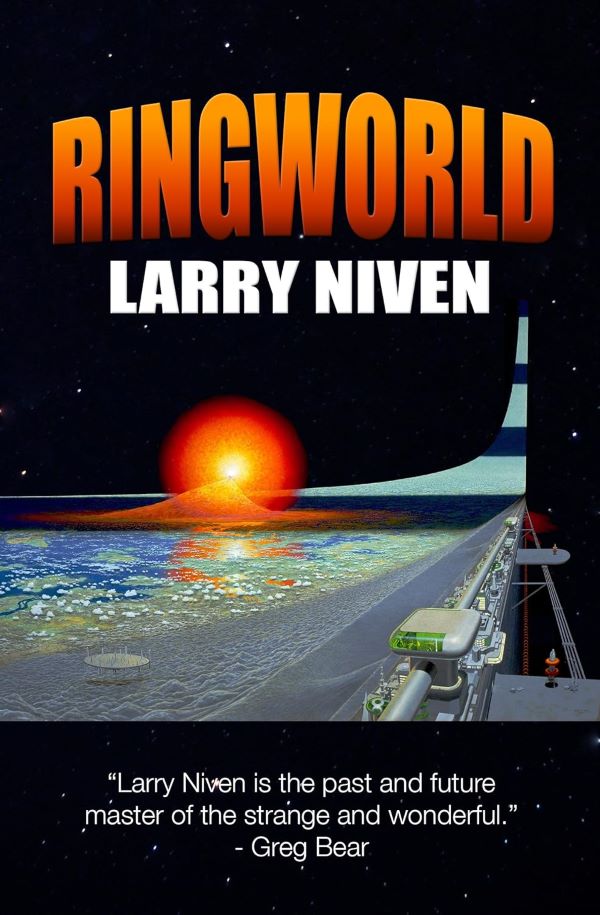
A team embarks on an expedition aboard a massive artificial ring structure surrounding a star; Niven’s imaginative world-building introduces newcomers to grand concepts within space exploration while maintaining accessibility through engaging characters navigating their challenges throughout their journey.
Fun Reads and Young Adult Sci-Fi
31. Cinder (Lunar Chronicles) by Marissa Meyer
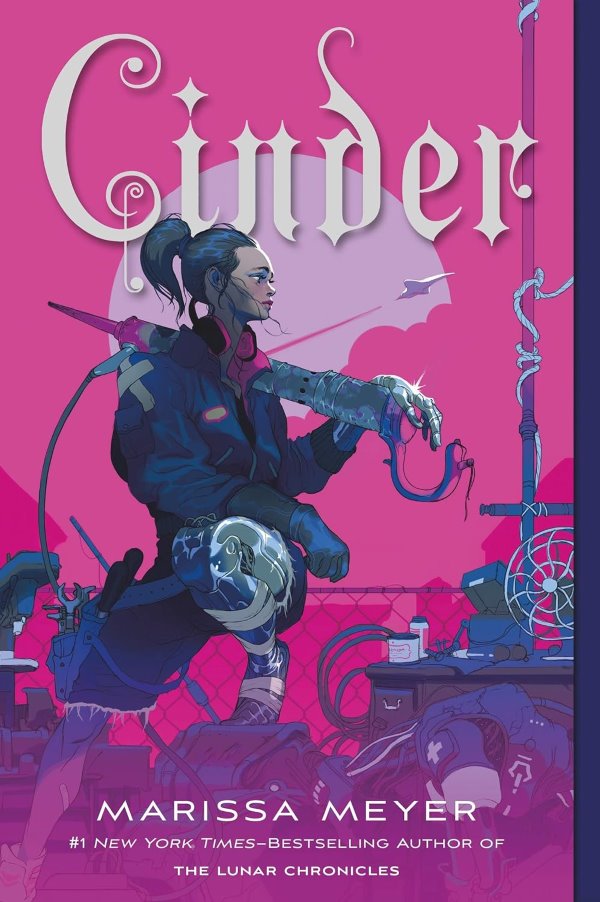
A retelling of Cinderella set in a futuristic world where cyborgs exist alongside humans offers young adult readers accessible storytelling infused with romance; Meyer’s engaging prose invites newcomers into imaginative retellings while exploring themes like identity amid societal pressures seamlessly throughout her narrative arc.
32. Skyward by Brandon Sanderson
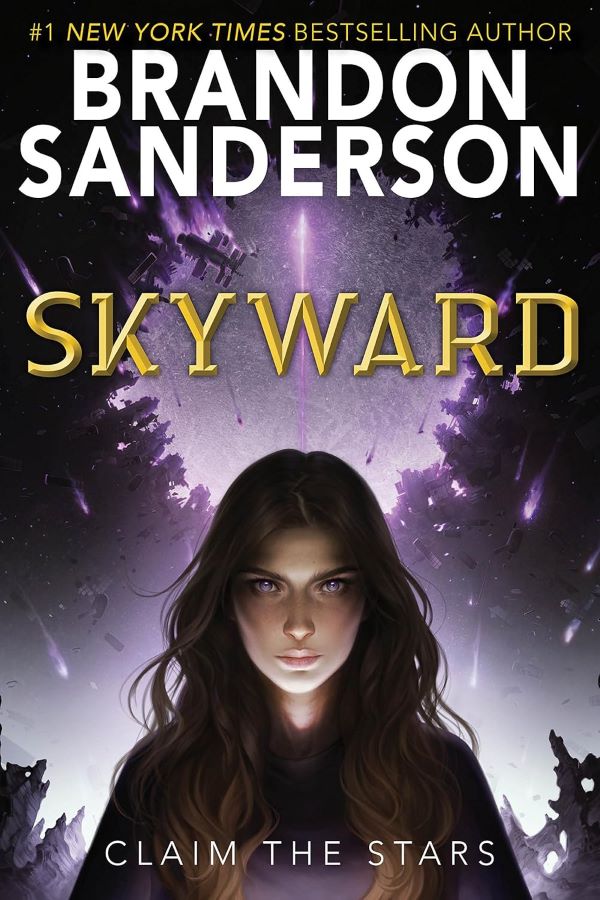
Spensa dreams of becoming a pilot despite her family’s tarnished reputation; Sanderson crafts an exciting adventure filled with relatable characters facing obstacles against oppressive regimes—ideal for beginner readers eager for thrilling escapism grounded in emotional resonance throughout their journey together.
33. We Are Legion (We Are Bob) by Dennis E.Taylor
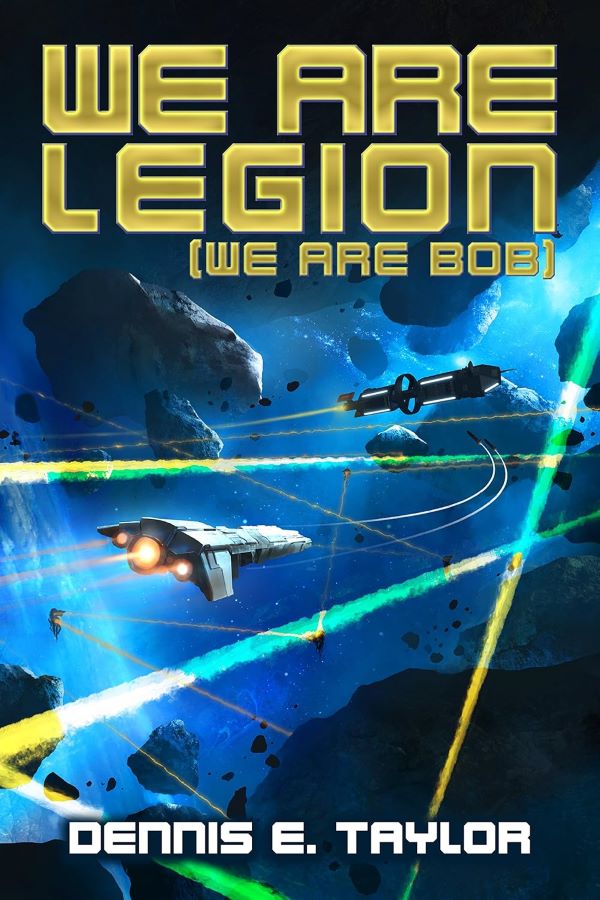
After dying unexpectedly, Bob finds himself uploaded into AI tasked with exploring space; Taylor combines humor with thought-provoking ideas about identity within digital realms—making this series approachable yet entertaining enough even if one isn’t familiarized previously within science fiction contexts beforehand!
34. The Giver by Lois Lowry
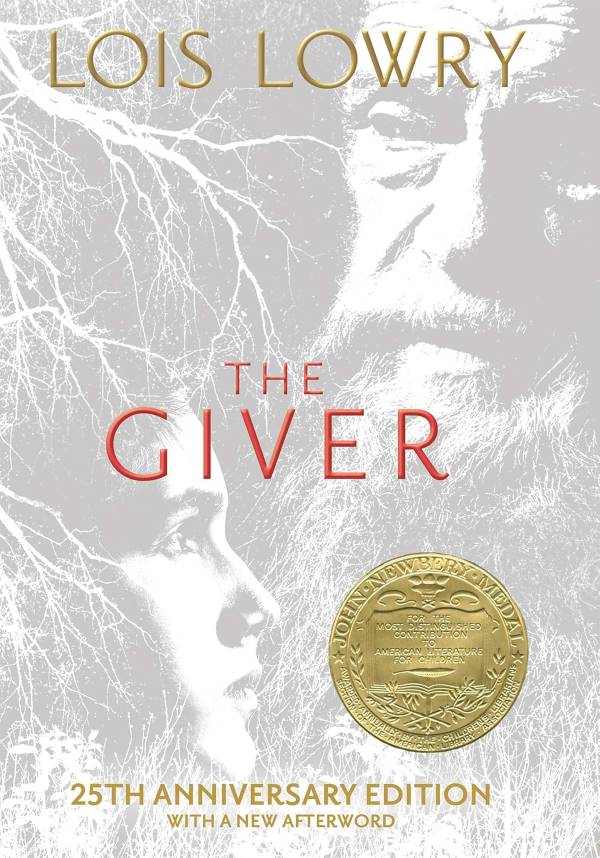
In a seemingly utopian society devoid of emotions or memories, young Jonas discovers the truth behind his community’s façade; Lowry’s straightforward language allows beginner readers access into profound discussions surrounding freedom versus control—encouraging reflection upon their own lives while remaining easily digestible throughout its pages!
35. A Fire Upon the Deep by Vernor Vinge
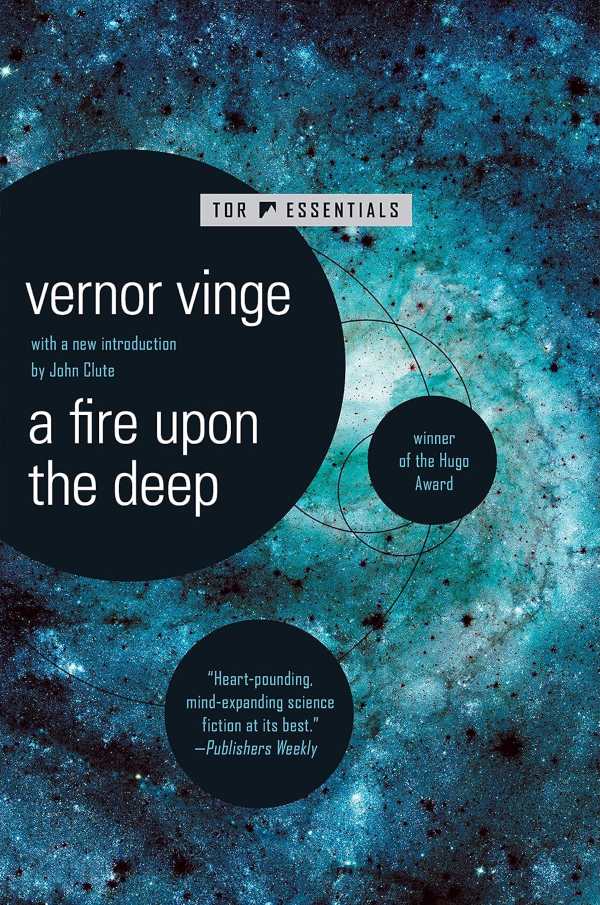
In this epic tale spanning multiple civilizations across different zones of thought within space-time continuum introduces various species facing existential threats—Vinge weaves together thrilling action sequences alongside philosophical musings making it suitable even if one isn’t well-versed previously within genre conventions!
36. Scythe by Neal Shusterman
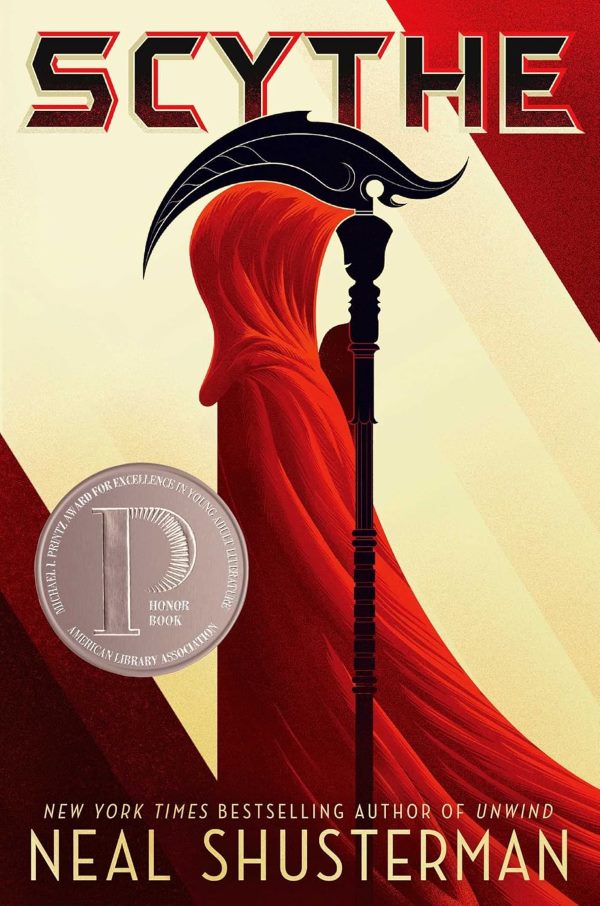
In a future where death has been conquered but population control remains necessary via Scythes who harvest lives—Shusterman tackles ethical dilemmas surrounding mortality while crafting gripping narratives filled with suspenseful twists making this series perfect even if newcomers lack prior exposure towards speculative fiction genres!
37. The House in the Cerulean Sea by TJ Klune
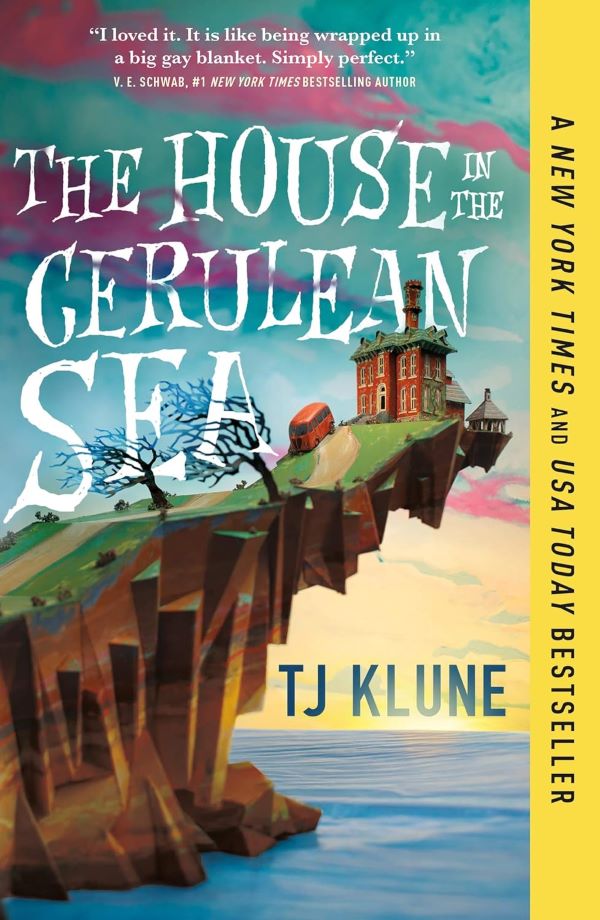
When caseworker Linus Baker investigates magical children living at an orphanage run under dubious circumstances—Klune creates heartwarming tales exploring acceptance amidst societal prejudices making this enchanting read delightful even if one lacks familiarity regarding fantasy elements previously encountered before!
38. The Space Between Worlds by Micaiah Johnson
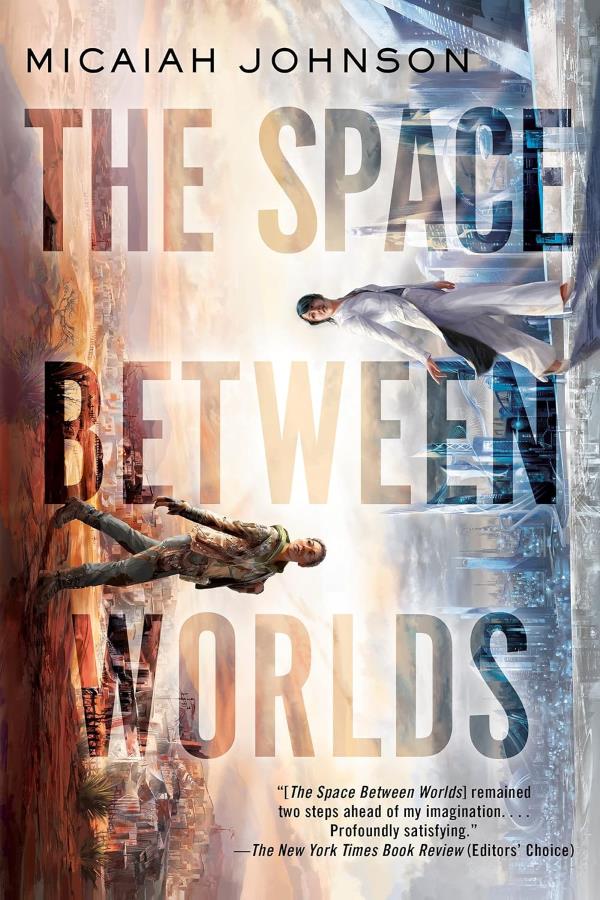
In multiverse settings where travel between alternate realities occurs only if one’s counterpart is deceased—Johnson intertwines thrilling adventures alongside poignant explorations regarding identity making this captivating debut ideal even if newcomers haven’t delved deeply into speculative realms beforehand!
39. The Girl with All the Gifts by M.R.Carey
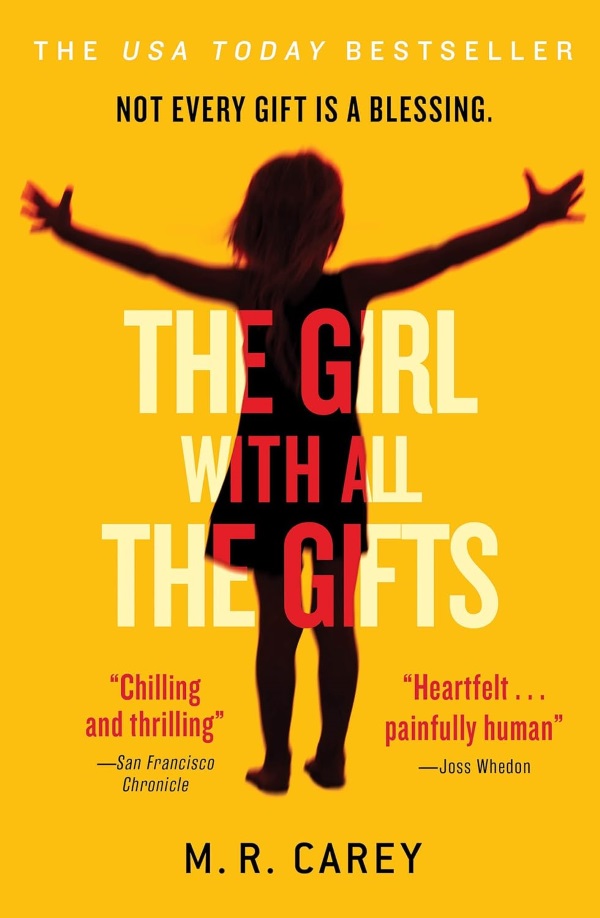
In post-apocalyptic scenarios featuring zombie-like creatures known as “Hungries”—Carey crafts gripping tales centered around resilience amidst adversity making this emotionally charged narrative suitable even if one hasn’t engaged previously within horror-infused science fiction contexts!
40. Dark Matter by Blake Crouch
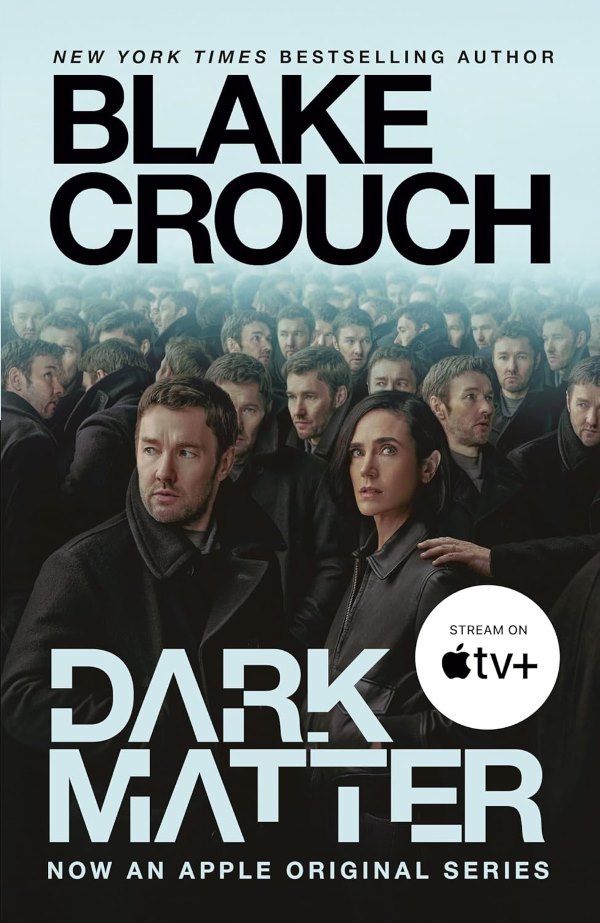
After being abducted into alternate realities where choices lead down different paths—Crouch combines suspenseful twists alongside existential musings surrounding identity making this psychological thriller compelling enough even if newcomers haven’t explored parallel universes extensively before!
Short Stories and Anthologies
41. Stories of Your Life and Others by Ted Chiang
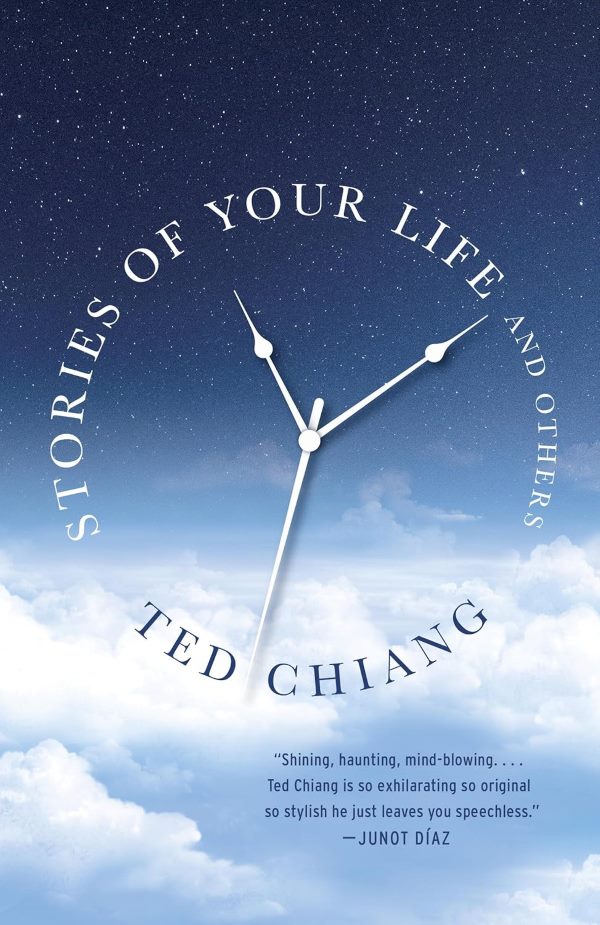
A collection featuring diverse narratives exploring language perception alongside time manipulation—Chiang crafts thought-provoking tales inviting beginner readers accessibly into philosophical discussions surrounding existence without overwhelming them through lengthy prose structures!
42. The Paper Menagerie and Other Stories by Ken Liu
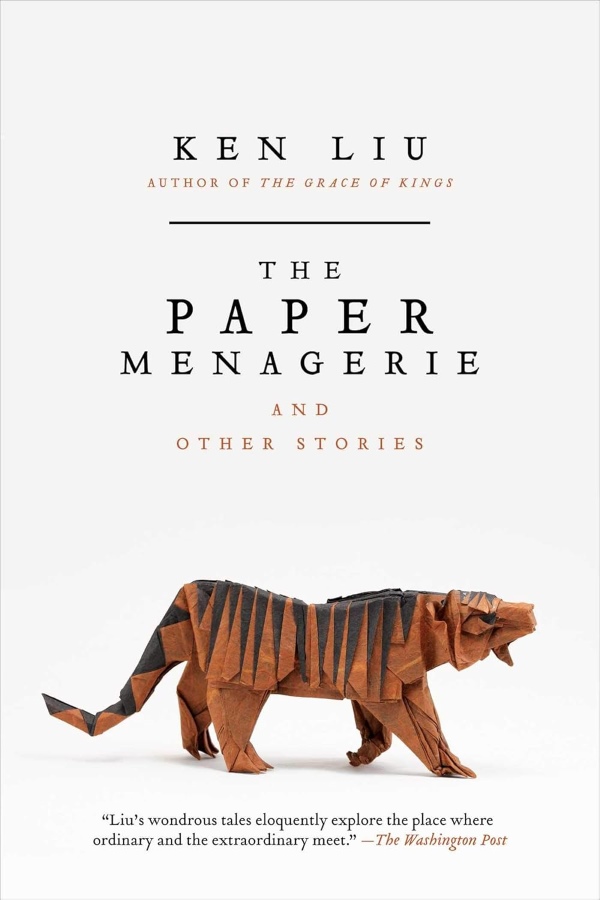
Liu weaves together magical realism infused within cultural narratives addressing identity struggles across generations—his collection provides enriching experiences suitable even if one hasn’t previously encountered literary explorations focusing upon Asian heritage beforehand!
43. Fragile Things: Short Fictions and Wonders by Neil Gaiman
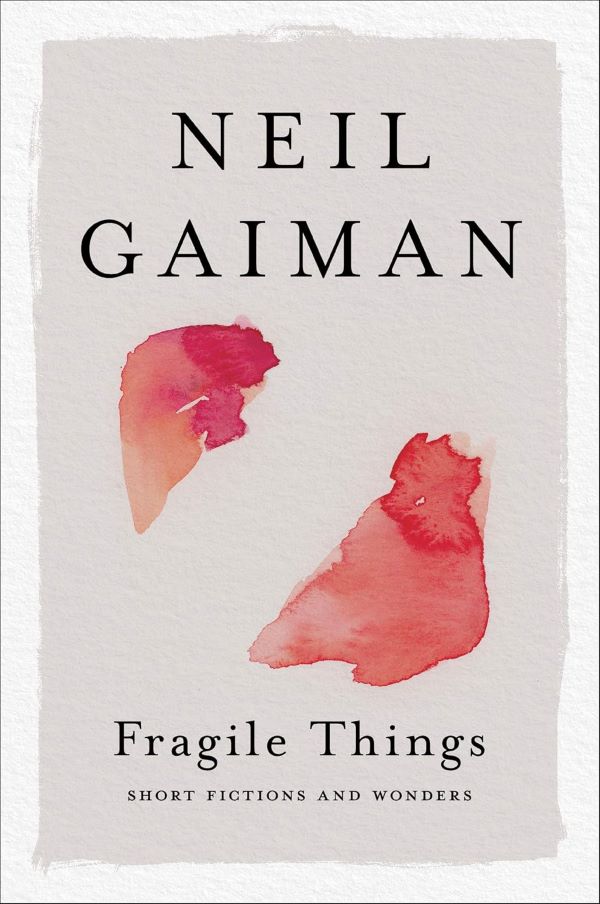
Gaiman presents enchanting tales blending fantasy elements seamlessly inviting beginner audiences accessibly towards imaginative realms filled with wonderment allowing them glimpses into his unique storytelling style effortlessly throughout each piece presented therein!
44. The Best Science Fiction and Fantasy of the Year (various volumes) edited by Jonathan Strahan
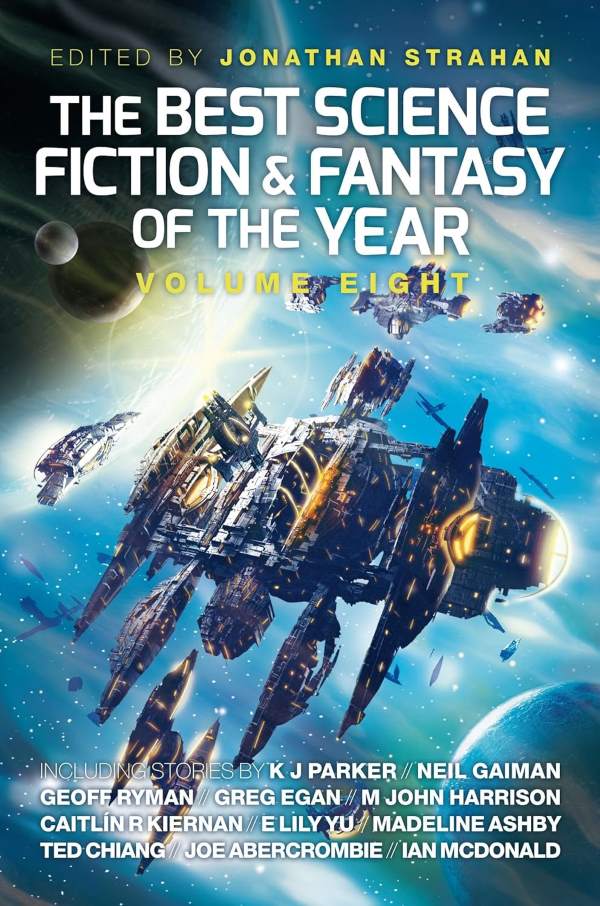
Curated collections featuring standout works across genres allowing newcomers exposure towards various styles while remaining digestible enough enabling them exploration opportunities beyond single authorship perspectives effortlessly crafted within these anthologies presented therein!
45. Mirrorshades: The Cyberpunk Anthology edited by Bruce Sterling
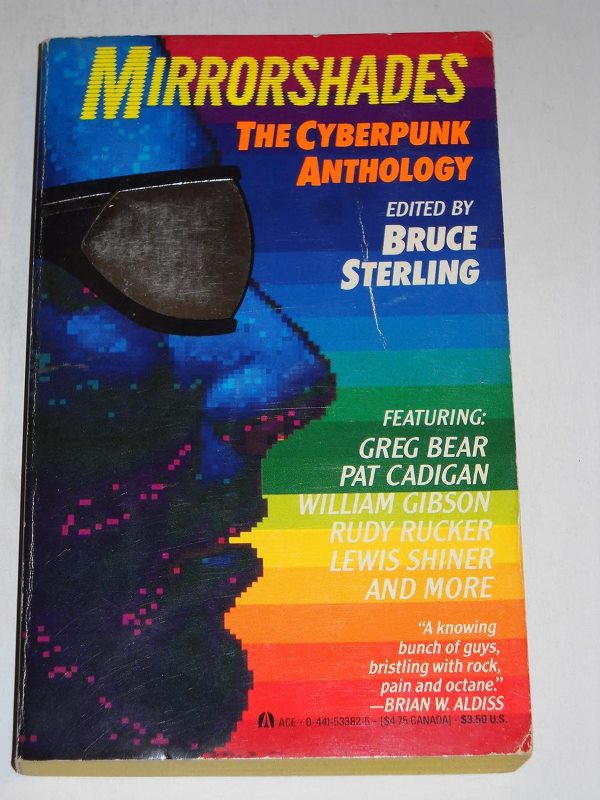
An anthology showcasing pioneering cyberpunk stories introducing key tropes associated within genre allowing beginner audiences familiarity towards thematic explorations surrounding technology impacts upon society effortlessly crafted amidst these diverse narratives presented therein!
Experimental and Literary Sci-Fi
46. Ubik By Philip K.Dick
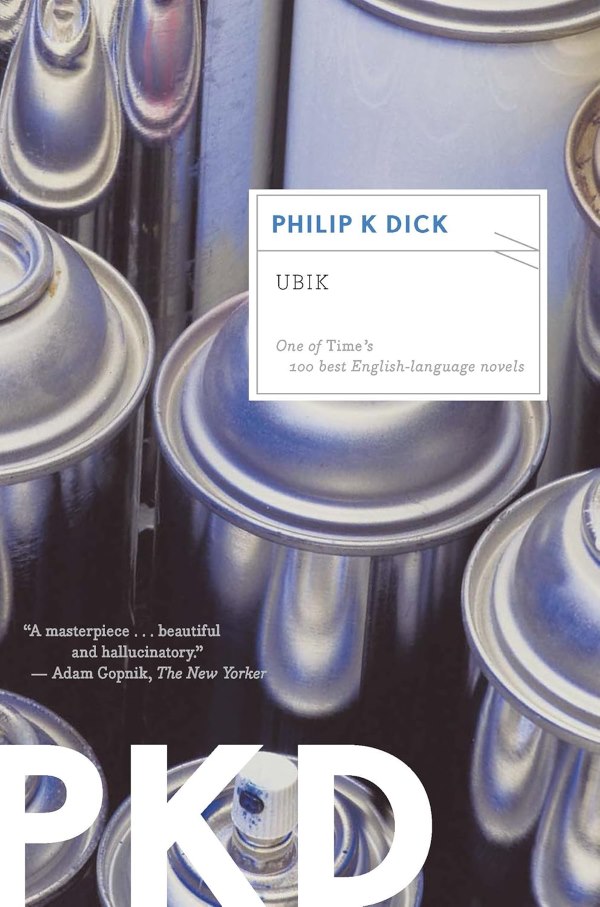
In this mind-bending tale blending reality distortion alongside consumerism critiques—Dick invites reader engagement through accessible prose allowing exploration beyond traditional genre boundaries effortlessly crafted amidst intriguing character dynamics presented therein!
47. Cloud Atlas By David Mitchell
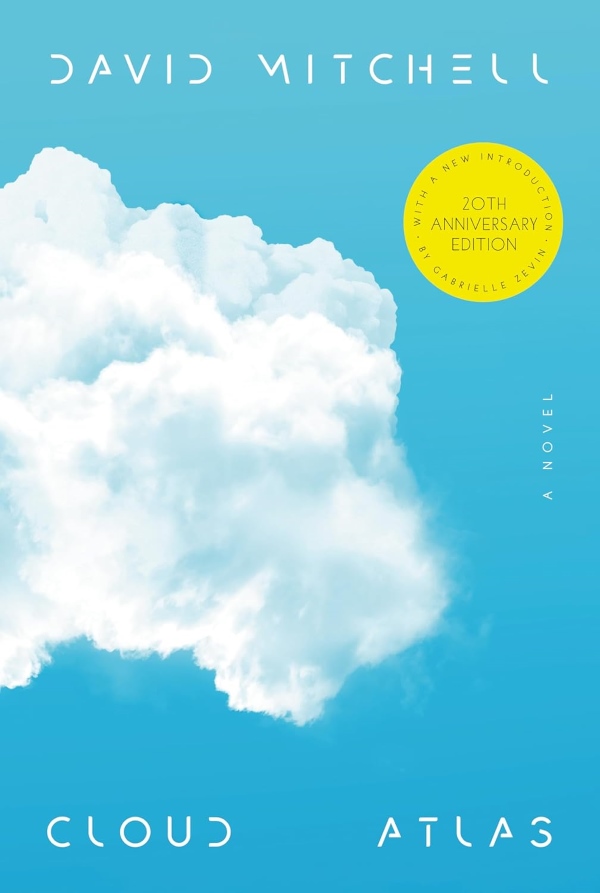
Interconnected stories spanning centuries explore fate alongside choices shaping destinies—Mitchell crafts intricate narratives inviting beginner audiences accessibly towards profound reflections upon existence effortlessly woven throughout each distinct timeline presented therein!
48. Solaris By Stanisław Lem
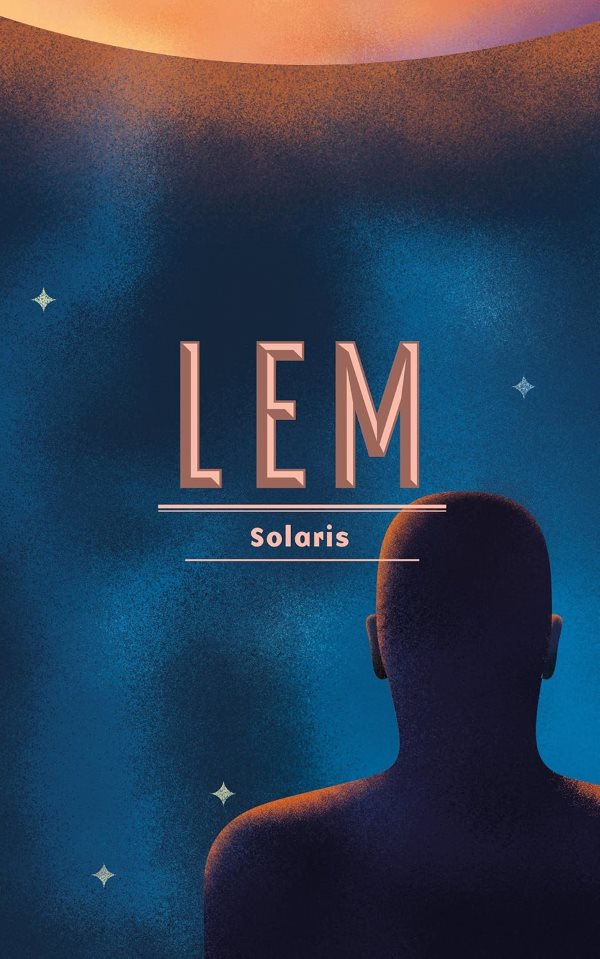
An exploration centered around human interactions confronting alien intelligence aboard mysterious planetary entities invites profound reflections surrounding consciousness allowing beginner audiences engagement without excessive complexity embedded within traditional narratives effortlessly crafted therein!
49. American War By Omar El Akkad
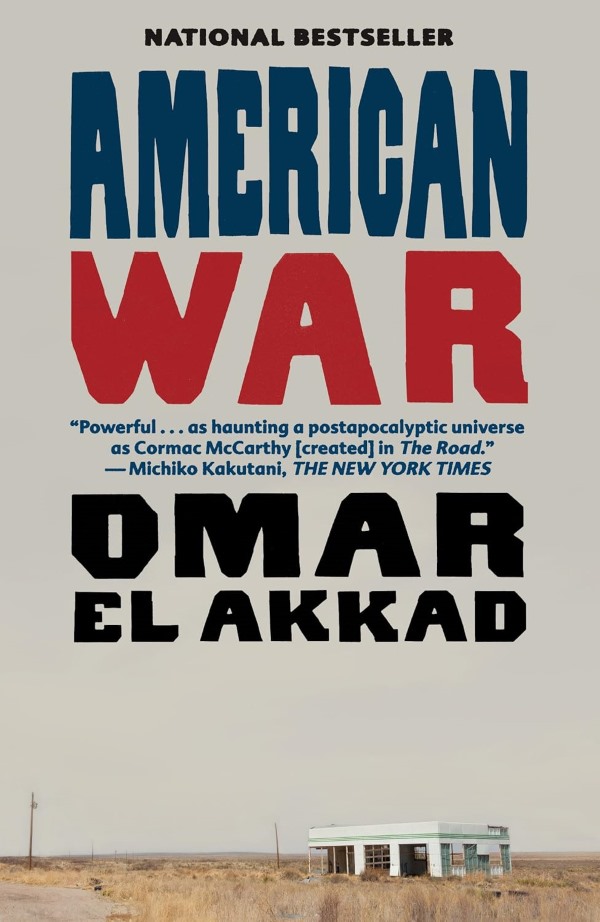
Set against backdrop post-apocalyptic America grappling climate change impacts intertwined political conflicts invites thought-provoking discussions surrounding resilience amid adversity making it suitable even if newcomers lack prior exposure towards dystopian literature beforehand effortlessly crafted throughout its pages presented therein!
50. Binti Trilogy By Nnedi Okorafor
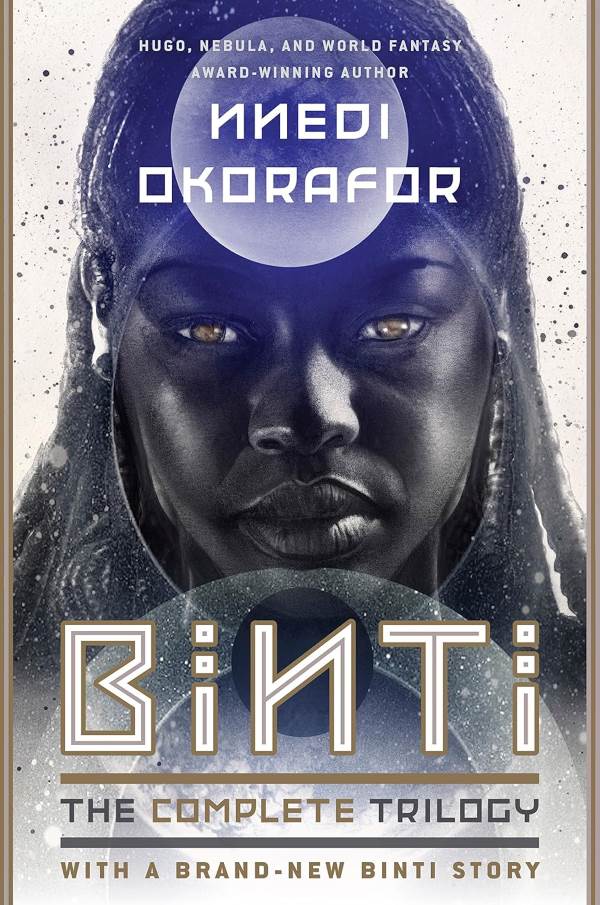
Following young woman navigating interstellar journeys blending African culture alongside science fiction elements invites beginner audiences engagement through relatable characters experiencing growth amidst fantastical settings effortlessly woven throughout each installment presented therein!
How to Choose Your First Sci-Fi Book
When picking your first sci-fi book, consider what you’re already interested in. Love thrillers? Ender’s Game might be your best bet. Enjoy political intrigue? 1984 or Dune could be right up your alley. Always check out book reviews, summaries, and recommendations from friends or online communities to ensure the book you choose suits your taste.
Tips for Enjoying Sci-Fi as a Beginner
Don’t get overwhelmed if some of the science or world-building goes over your head. Focus on the story and characters—you can always go back later to fully grasp the technological details. Another great way to enhance your experience is by joining sci-fi communities or book clubs, where you can discuss the novel and deepen your understanding.
Key TakeAways
The best science fiction books for beginners offer a diverse range of themes, including identity, societal structures, and the impact of technology, making them both relatable and thought-provoking.
Authors utilize accessible writing styles and engaging narratives, allowing newcomers to easily grasp complex ideas without being overwhelmed by jargon or intricate world-building. With a rich variety of styles—from classic novels to contemporary tales and short story collections—this list caters to different interests and reading preferences, providing an excellent introduction to foundational concepts in science fiction.
FAQs
Some great starting points include The Hitchhiker’s Guide to the Galaxy by Douglas Adams for its humor and accessibility, The Martian by Andy Weir for its engaging survival story, and Ender’s Game by Orson Scott Card for its relatable protagonist and themes of leadership. Other notable mentions are Old Man’s War by John Scalzi and Foundation by Isaac Asimov.
Yes, beginners may find lighter themes such as humor, adventure, and character-driven narratives more approachable. Space operas like The Long Way to a Small Angry Planet by Becky Chambers or contemporary sci-fi like Skyward by Brandon Sanderson offer exciting plots without heavy technical jargon.
Consider your reading preferences—if you enjoy humor, start with comedic sci-fi like The Hitchhiker’s Guide to the Galaxy. If you prefer character development, try The Martian or All Systems Red by Martha Wells. Exploring anthologies or short story collections can also provide a taste of various styles and themes.
While not mandatory, reading classics like Dune or Neuromancer can provide valuable context about the genre’s evolution and foundational concepts. However, many modern works stand alone and can be enjoyed without prior knowledge of older texts.
If a book feels overwhelming, don’t hesitate to switch to something lighter or more engaging. Titles like We Are Legion (We Are Bob) by Dennis E. Taylor or Cinder by Marissa Meyer offer fun narratives that are easier to digest while still introducing sci-fi elements.
If you have any recommendations to improve this article, please feel free to share your thoughts in the comments below. Thank you! 🙂
Book Series to Read on
TheLitPerspective is your one-stop shop for everything that ignites the spark of curiosity within you.
